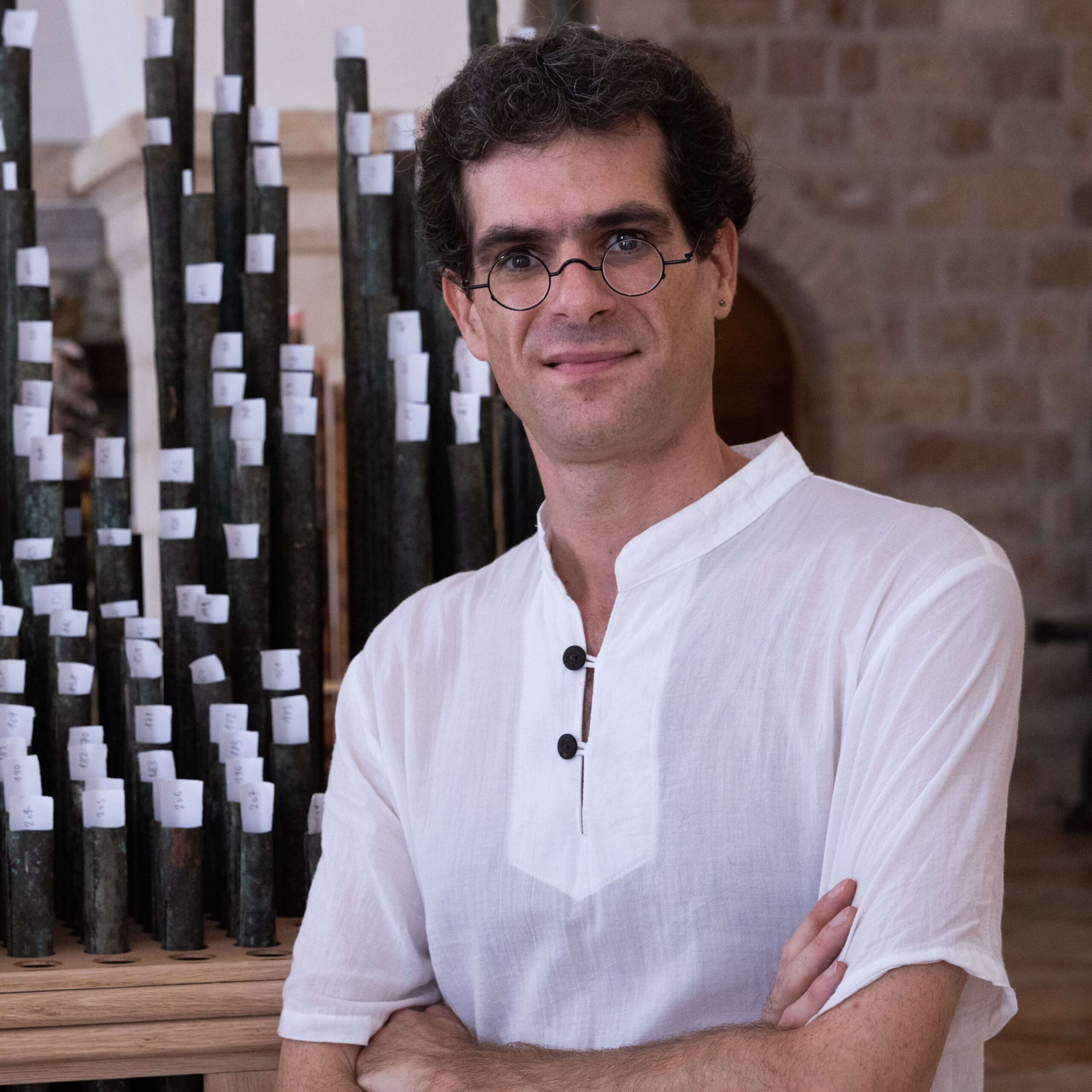
Dr. David Catalunya is a researcher at the Instituto Complutense de Ciencias Musicales (ICCMU), where he works on the RESOUND project, funded by the European Research Council (ERC). He was previously a researcher at the University of Oxford (MALMECC project, 2019-2023) and the University of Würzburg (Corpus Monodicum project, 2011-2019). His work delves into historical aspects related to medieval music, intellectual culture, organology, and the history of technology. He has led organological reconstruction projects in collaboration with Walter Chinaglia (2015-2016), Paul Poletti (2011-2012), and Etienne Fouss (2003-2004). For decades, Catalunya has developed his academic career in parallel with a prolific artistic activity as a keyboard player and director of the vocal ensemble Canto Coronato. He has collaborated with internationally renowned ensembles such as Mala Punica (dir. Pedro Memelsdorff) and Tasto Solo (dir. Guillermo Pérez). His discography has received more than 30 international awards.
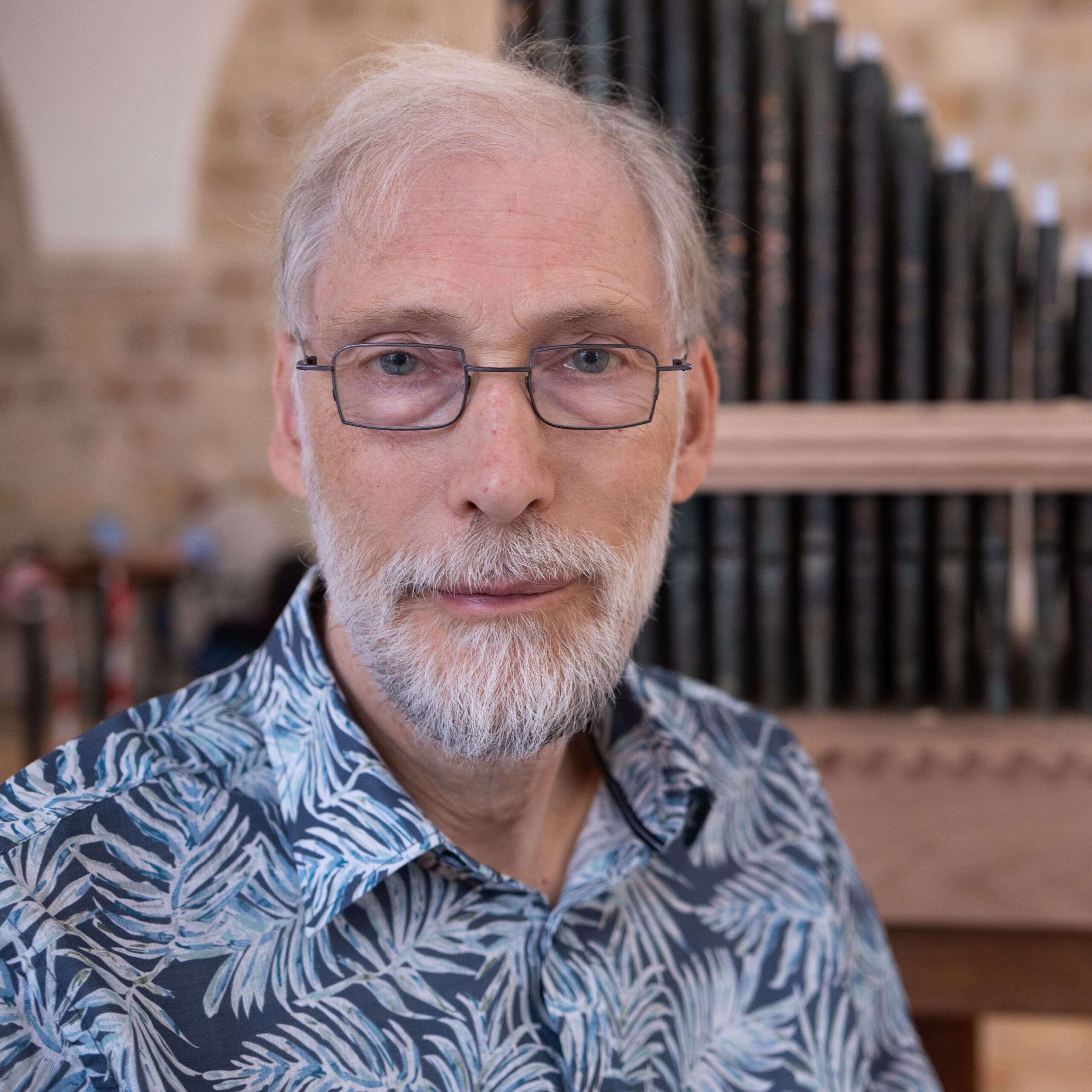
Koos van de Linde is an eminent organologist with a distinguished international career. For the last 40 years, he has participated in numerous restoration and reconstruction projects of historical organs, which has given him the opportunity to examine the oldest surviving organs in Europe (15th century). He has a scientific background in Physics, as well as practical experience in organ building, making him a versatile member of interdisciplinary research groups. His main field of research is organs from the Gothic and Renaissance periods north of the Alps. Famous instruments, such as the organ of San Petronio in Bologna (1475-1520), the Nicolai organ in Utrecht (1479-1547), the organ of Rysum (c. 1440-1513), or the choir organ of St. Lawrence’s in Alkmaar (1511), have been the subject of his research. He has published notable contributions in this field. He is currently a researcher at the ASIOO of the University of the Arts Bremen.
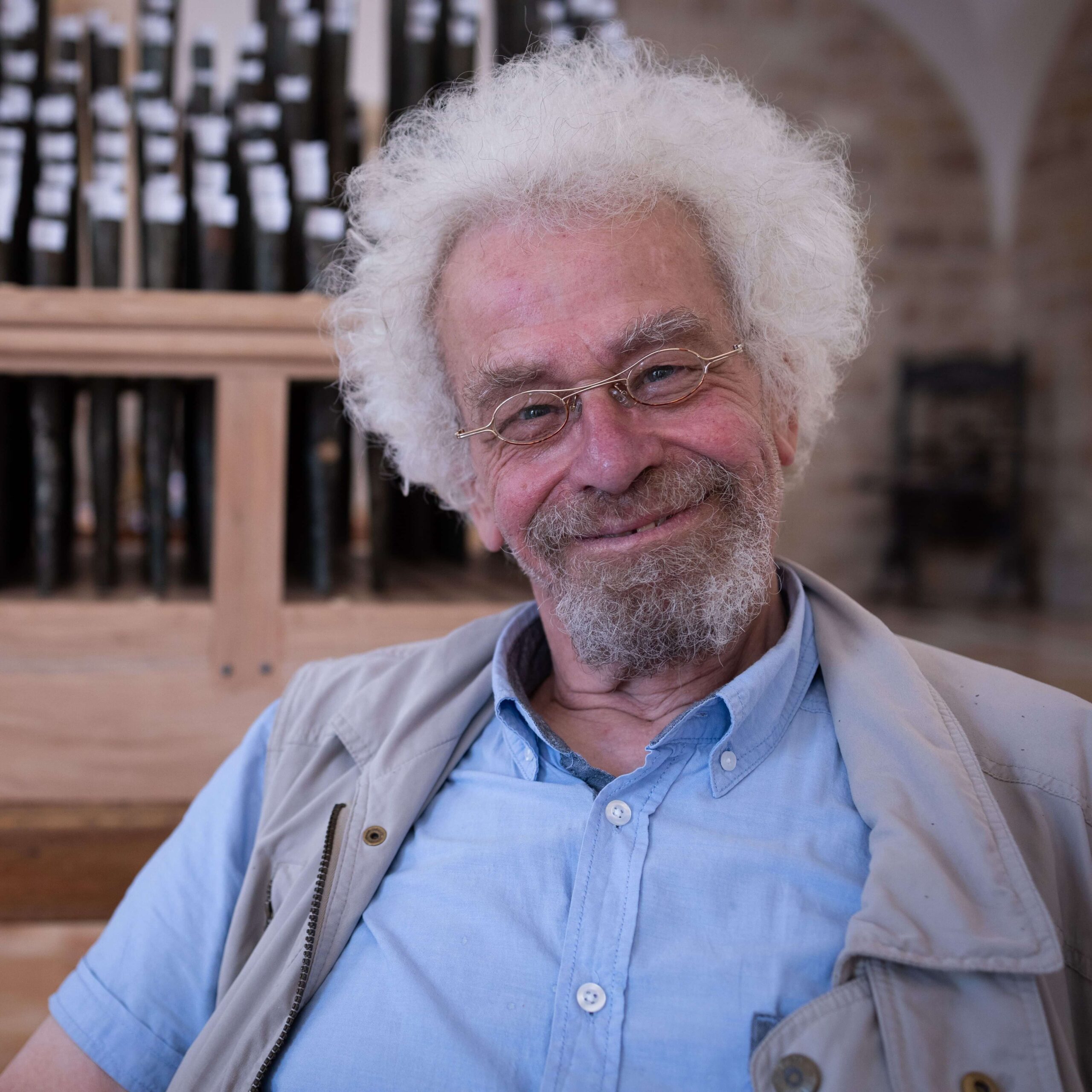
Winold van der Putten is one of the most renowned and respected organ builders in Europe, especially in the field of early music. Since the beginning of his career, he has had a deep fascination for medieval organ music and has carried out numerous reconstruction projects of medieval and Renaissance organs, such as the 13th-century Rutland Psaltery Organ (1999) or the 15th-century Van Eijck Organ for the National Organ Museum of the Netherlands (2017). Since 1987, he has directed more than 60 projects worldwide, including the restoration of historical organs and the construction of large church organs. It is precisely thanks to his interest in medieval organ building that he is one of the few organ builders in Europe with solid experience in making copper pipes.

Beatriz Clemente is a strategic communication specialist with an extensive background in the cultural and public outreach sectors. A journalist by training, she is the Director of Communication at the Instituto Complutense de Ciencias Musicales and a professor of Communication in the Master’s in Cultural Management program at the Universidad Complutense de Madrid. She also serves as a mentor for entrepreneurial projects in programs like Factoría de Industrias Creativas, Innova, and Art for Change.
She has led communications at major cultural venues such as Teatros del Canal and the Centro de Cultura Contemporánea Conde Duque, and previously served as a media delegate for the Consejería de Cultura de la Comunidad de Madrid. She began her career at the Delvico Bates agency, where she managed brands like Ikea, National Geographic, and Espasa Calpe. She has also collaborated on projects such as the Fundación Paco de Lucía, Madrid Design Festival, and the Asociación Camino del Asombro. She is a volunteer and a founding team member of the NGO Solidarios.
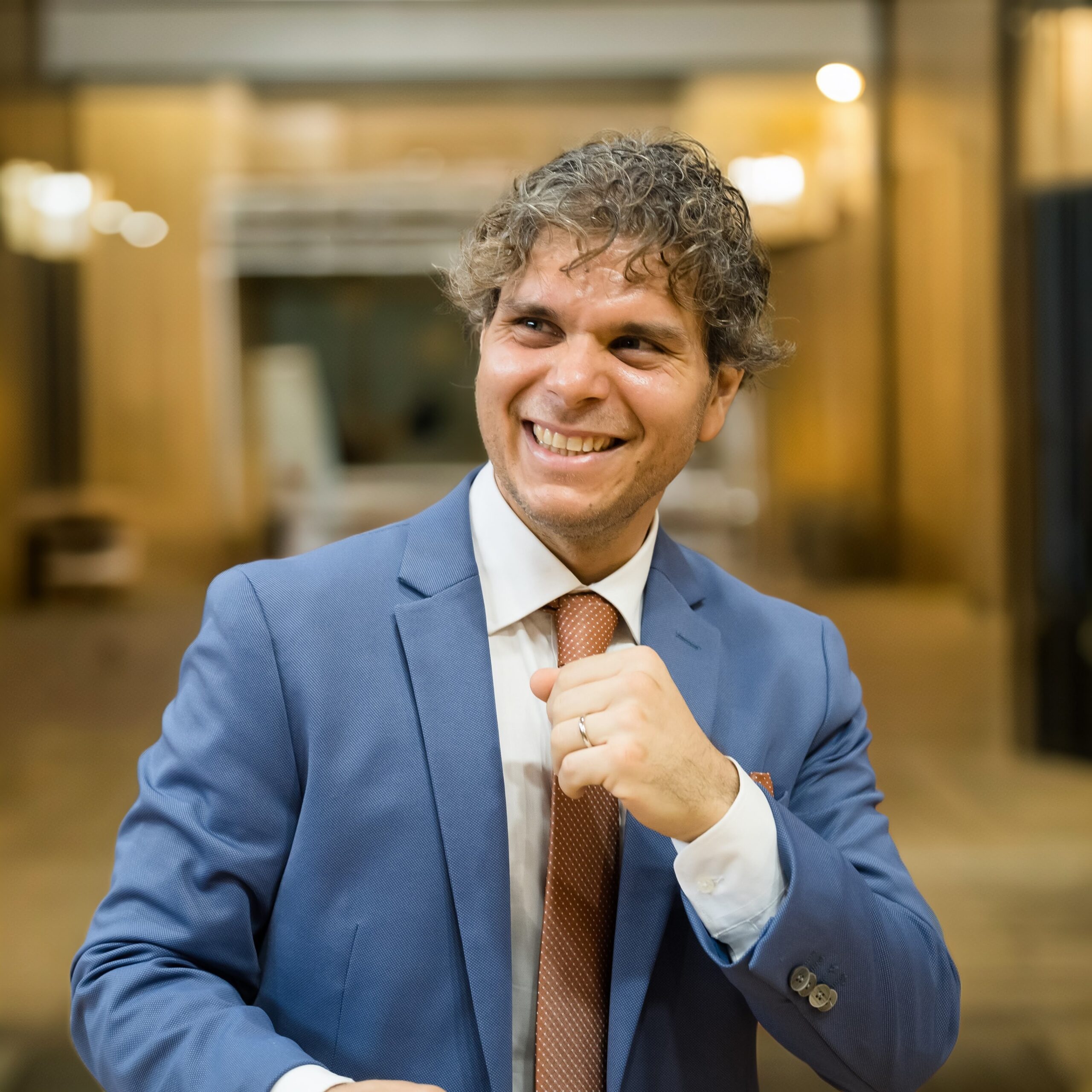
Esteban Etcheverry is a research administrator and project manager specializing in academic operations, research funding, and institutional project management. His work has focused on optimizing research environments, managing European Research Council-funded projects, and supporting interdisciplinary collaboration within academic institutions.
Etcheverry holds a Master’s in Cultural Management from Universidad Complutense de Madrid (Spain) and a Bachelor’s in Music from Universidad Nacional de La Plata (Argentina). He has extensive experience in research coordination, IT-driven process optimization, and project execution across institutions in Argentina, Portugal, Spain, and the U.S, bringing a global perspective to his work.
Beyond his professional career, Etcheverry is a choir conductor and musician, passionate about historical and contemporary vocal performance. He has directed multiple ensembles and collaborated on artistic projects that bridge music, culture, and research.
Host Institutions
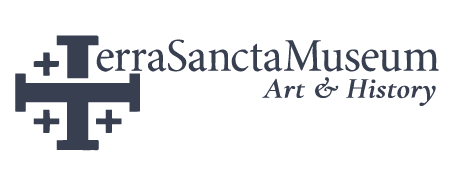
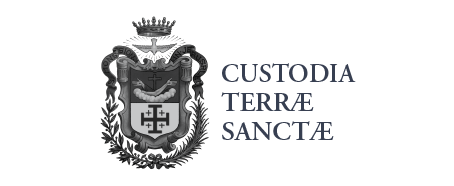
Sobre el Museo Terra Sancta y la Custodia de Tierra Santa
Los frailes franciscanos llevan más de ocho siglos presentes en Tierra Santa. Desde 1342 ejercen la misión que la Iglesia católica les confió: custodiar los Lugares Santos. Hoy gestionan 50 santuarios, 20 parroquias, 16 escuelas, más de 500 viviendas sociales para familias cristianas en situación vulnerable y dan empleo a más de 1.200 personas en la región. En total, 300 franciscanos trabajan repartidos en ocho países.
Entre sus proyectos culturales destaca el Museo Terra Sancta, el primer gran museo internacional de arte cristiano abierto en el corazón de Jerusalén. Formado por un museo arqueológico y otro histórico (aún en construcción), aspira a convertirse en un puente cultural entre religiones y pueblos, reafirmando al mismo tiempo el carácter universal y cristiano de la Ciudad Santa. El proyecto está dirigido por el franciscano Stéphane Milovitch, y su Comité Científico lo preside Béatrix Saule, directora honoraria del Palacio de Versalles (Francia).
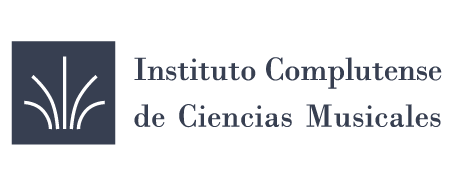
Sobre el Instituto Complutense de Ciencias Musicales
El Instituto Complutense de Ciencias Musicales (ICCMU) es un centro de referencia internacional en la investigación y recuperación de la música histórica hispana, vinculado a la Universidad Complutense de Madrid. Su labor combina el trabajo de un equipo multidisciplinar propio con una red de más de 1.000 especialistas —musicólogos, intérpretes, historiadores, filólogos y gestores culturales— pertenecientes a instituciones como la Universidad de Cambridge, la Université Paris-Sorbonne, la Universidad de California en Los Ángeles (UCLA), la Università degli Studi di Bologna o la Universidad de Melbourne. El Instituto está dirigido por el profesor Álvaro Torrente Sánchez-Guisande.